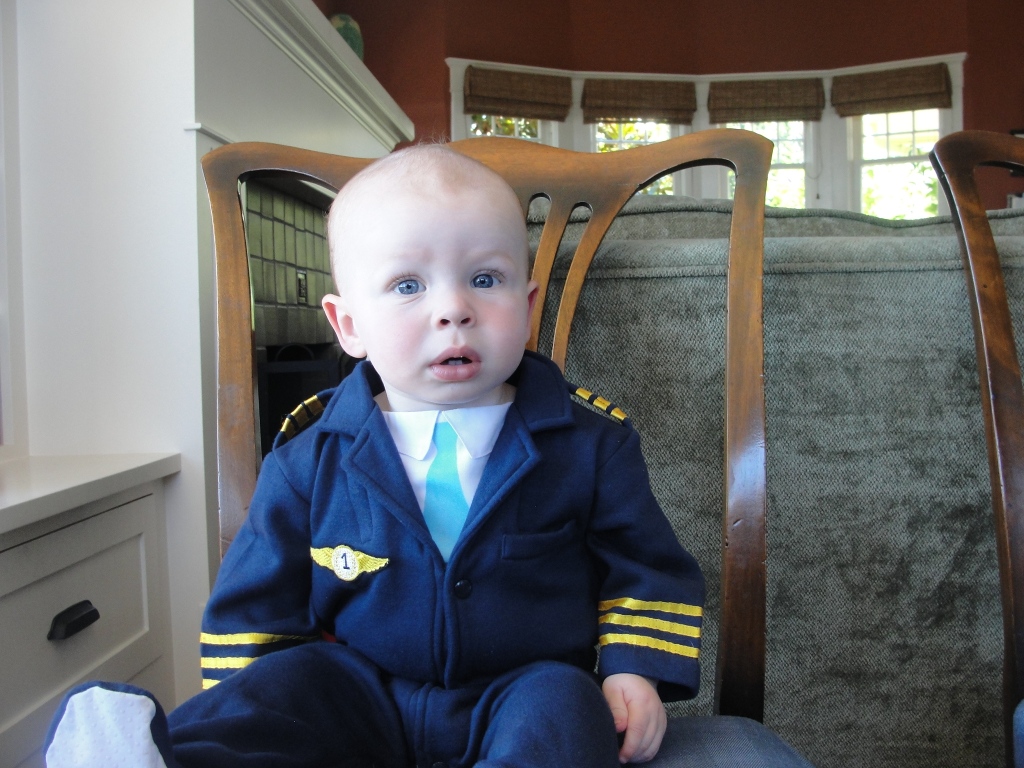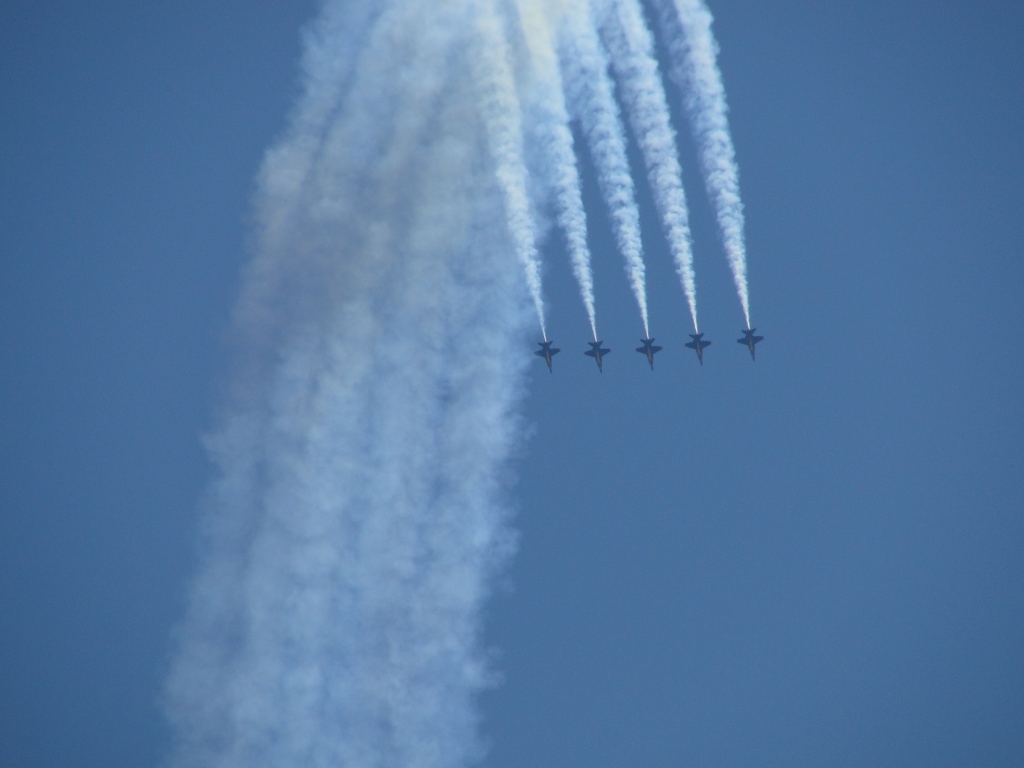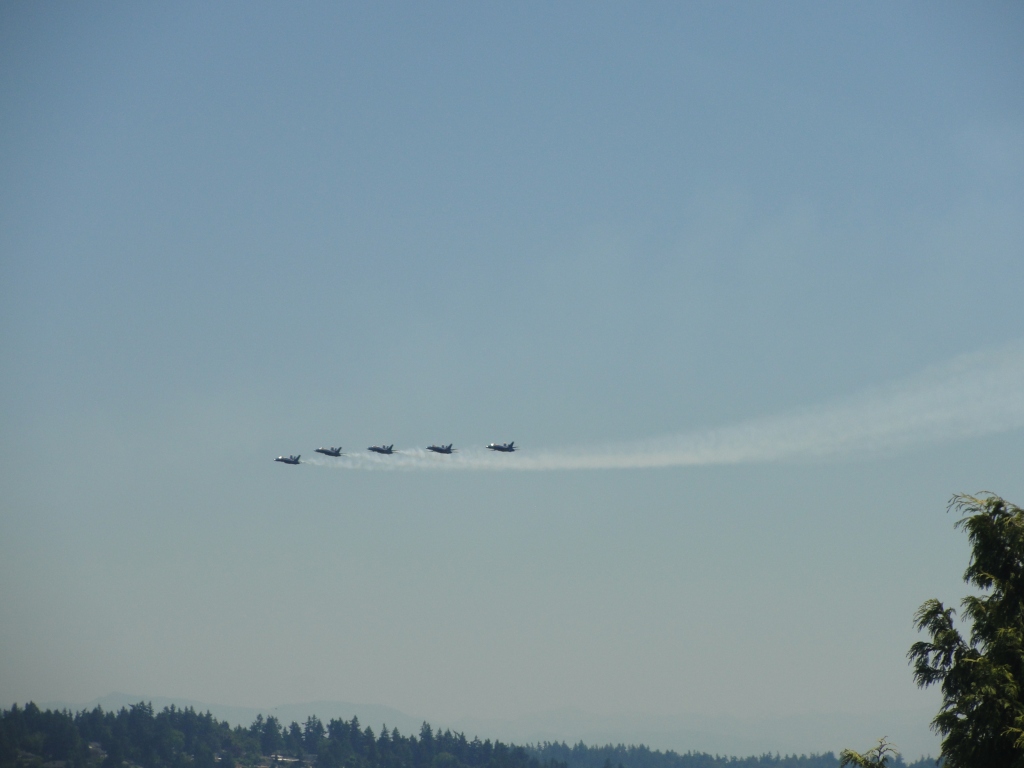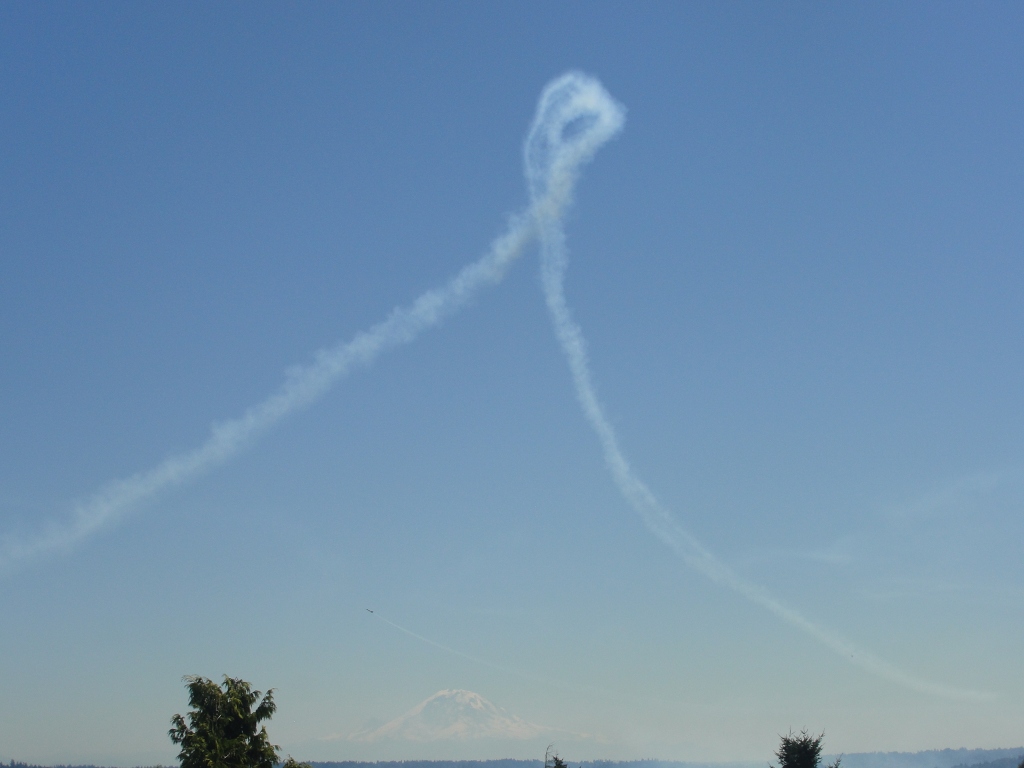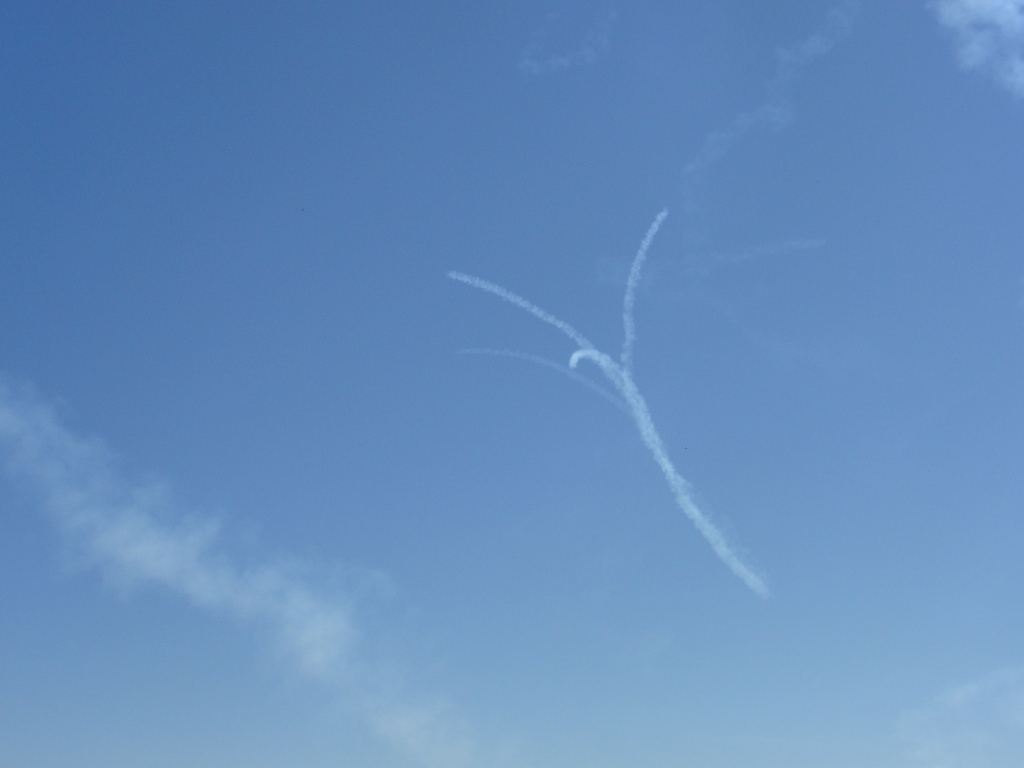Do you know where your water comes from? After this weekend not only do I know exactly where that stuff coming out of the shower head, faucet, and garden hose originated, but I feel pretty good about it too! I’ve always been proud to drink my Seattle water right out of the tap, and now I know I can continue to feel confident about our drinking water. Our watershed is one of only 4 major water systems in the country that does not have a special filtration system. It’s that clean. The water is also pure. I learned that the water cascading down the Cedar River Falls is so blue because the only thing coming down is water. 100% H2O.
Seattle is serious when it comes to water.
Why the sudden interest in water facts and cleanliness? Last weekend, we got to tour the Cedar River Watershed located about 30 miles east of the city near North Bend, Washington. Due to extreme safety measures all in name of good, clean, healthy water, the only way to get a glimpse of this beautiful 90,638 acre area is through a formal tour.
Via the family tour, we traveled by bus past the secure gates, and into the old town of Cedar Falls. The town of Cedar Falls is no longer a town, but a place for watershed employees. Many of the original homes now house offices for the protectors of our watershed. It was spooky {in a good way} to visit, like stepping back in time. The mystery of it all was intriguing. We saw where the tennis courts used to be, where the coveted heated swimming pool was located, noticed fixtures still intact. The street lights, for example, are still there, and look similar to those you’d see in Pioneer Square (just South of downtown Seattle). Unfortunately, since we didn’t get off the bus at this point, I couldn’t snap any photos.
Moving on from town, we were taken to the plant where some of Seattle gets it’s electricity (just 1%) through a hydroelectric power facility. Meandering along through the trees we arrived at the highlight of the tour, the Cedar River Falls. The flow varies depending on how much water is being released. Within the watershed, 17% of the trees are old growth; mostly reserved to steep hillsides, and the tops of mountains where loggers couldn’t get easily.
After viewing the falls for a few minutes, it was back on the bus, and back to the Education Center. A quick one hour tour perfect for little legs (and little attention spans). There were several other families on the tour with us, and everyone really seemed to enjoy themselves, kids and grown-ups alike. The Education Center features several hands-on exhibits helping children (and adults) learn all about: where their water comes from, the water cycle, and the plants and animals of the watershed (among other things). Bergen is of course too young to really appreciate and learn from these great exhibits, but I look forward to bringing him her when he is a bit older. The 5 year-olds checking out the exhibits with us had a blast; completely engaged.
My favorite part of the education center though is the sound garden. Water trickles through tiny pipes and tubes that are hidden in the trees, and then drops like rain on various types of drums providing you with an amazing musical experience! Have a look and a listen:
Info to Know:
- Cedar River Watershed Information and Tours
- The “Tap Water Tour” is for adults and kids 10 years old+
- The “Family Waterfall Tour” is all ages. Kids 5 & under are free.
- The Rattlesnake Ledge Recreation Area has a relatively “easy” 4 mile round trip hike. The views provided once you get to the top make it to the ledge are worth the hard work of the hike. You can also walk around the lake, fish, swim, and picnic.
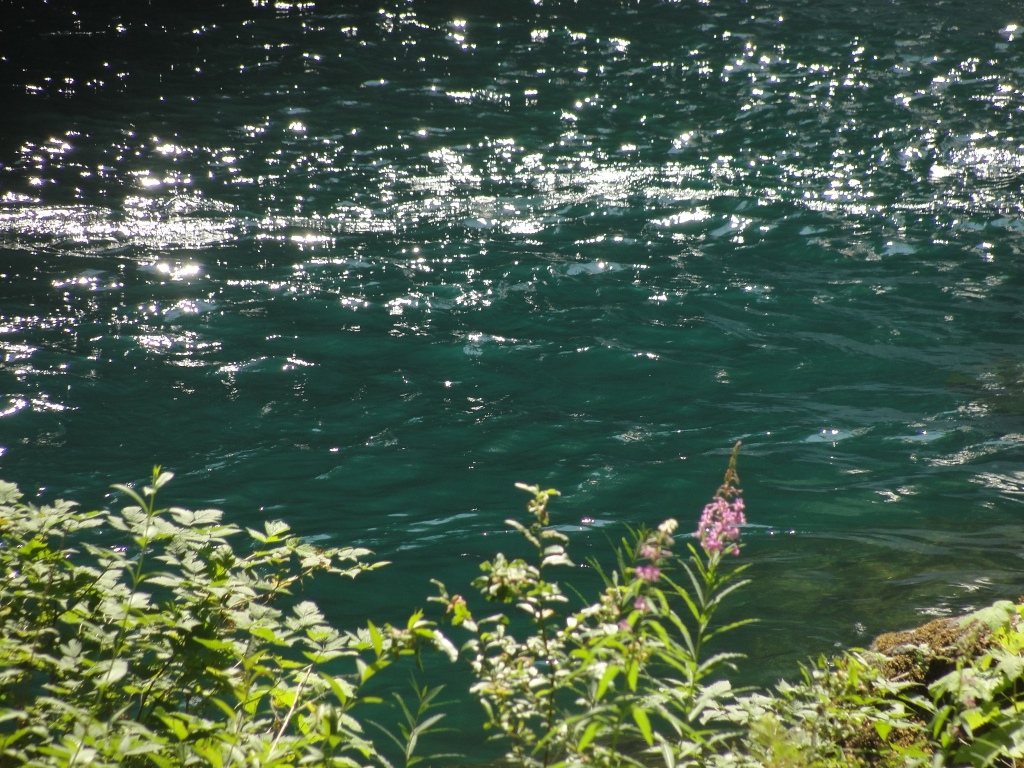
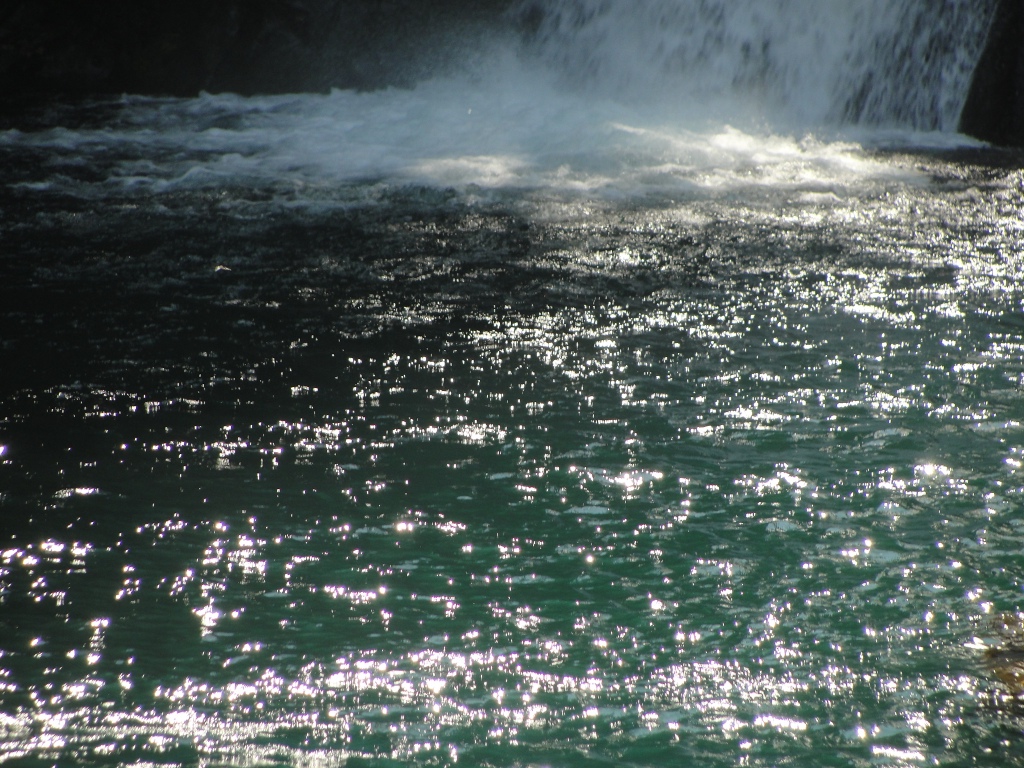
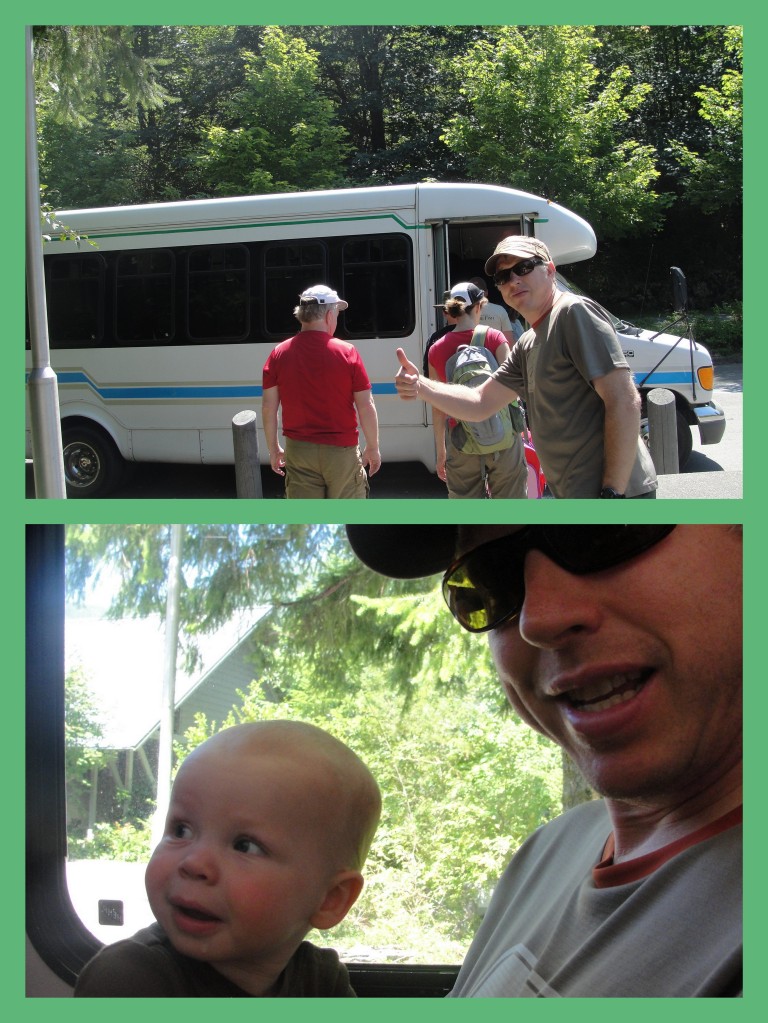

 Night Walking Safety Tips | How We Stay Safe While Talking Daily Evening Walk
Night Walking Safety Tips | How We Stay Safe While Talking Daily Evening Walk What are the Best Seattle Area Kid Friendly Hikes?
What are the Best Seattle Area Kid Friendly Hikes? How to Make Walks More Fun for Kids
How to Make Walks More Fun for Kids How to Investigate a Nurse Log with Kids: Think Outside Boxes Nature Box
How to Investigate a Nurse Log with Kids: Think Outside Boxes Nature Box
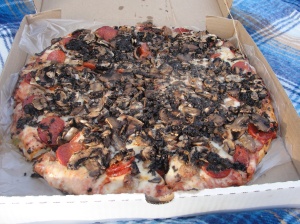

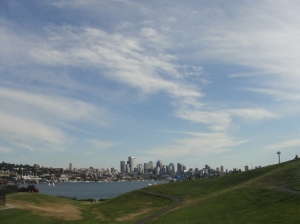
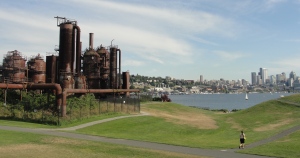
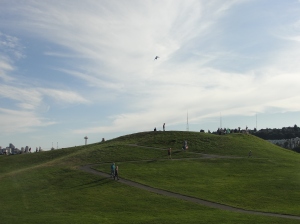
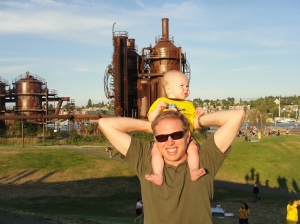
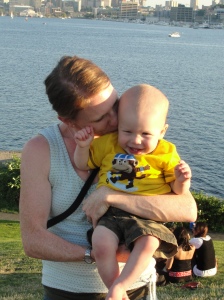
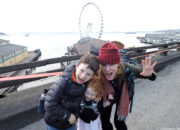 Our Farewell to the Alaska Way Viaduct, Seattle’s Historic Elevated Highway
Our Farewell to the Alaska Way Viaduct, Seattle’s Historic Elevated Highway Find Your Park! It Might Be Closer Than You Think.
Find Your Park! It Might Be Closer Than You Think. Seattle’s Bike Playground: Practice Bike Safety in White Center Traffic Garden
Seattle’s Bike Playground: Practice Bike Safety in White Center Traffic Garden
 Adventuring with a Toddler: Onya Baby Pure Child Carrier Review (#AdventureWithThemOnya)
Adventuring with a Toddler: Onya Baby Pure Child Carrier Review (#AdventureWithThemOnya) How to Dress Baby for Cold Weather So Everyone Can Enjoy the Outdoors!
How to Dress Baby for Cold Weather So Everyone Can Enjoy the Outdoors! Kowalli’s Joey Jacket Review: Maternity, Babywearing & Beyond
Kowalli’s Joey Jacket Review: Maternity, Babywearing & Beyond Traveling to and through High Altitude Destinations with Babies
Traveling to and through High Altitude Destinations with Babies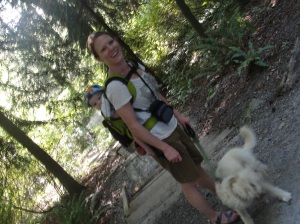
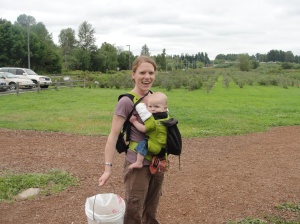
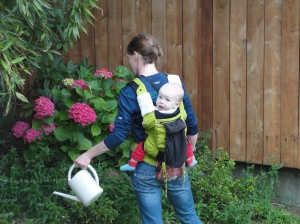
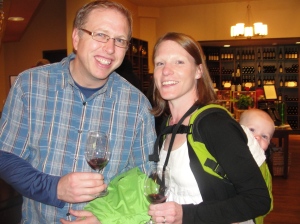
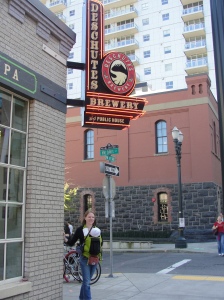
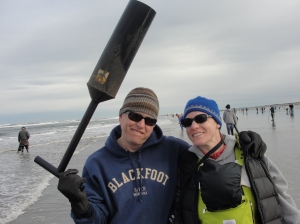
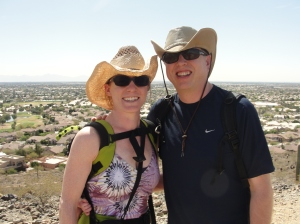
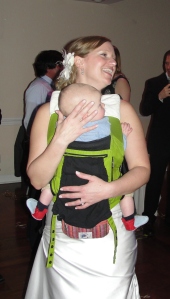
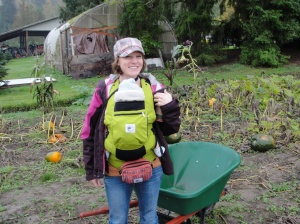
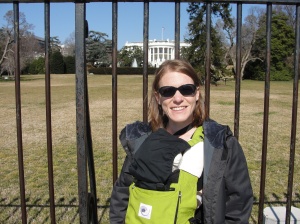
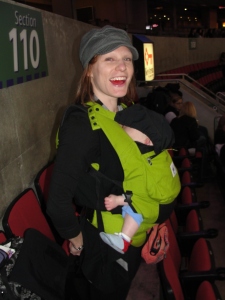
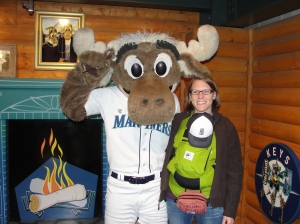
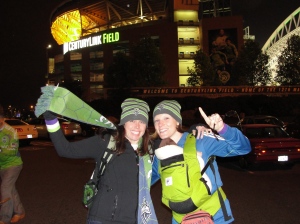
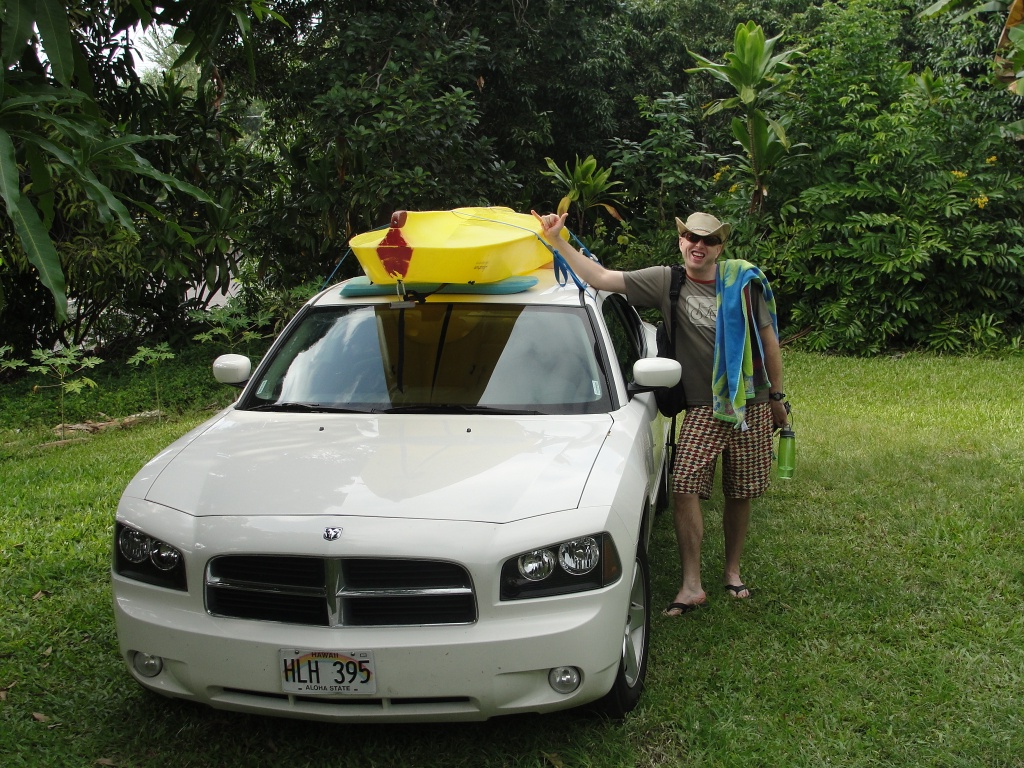

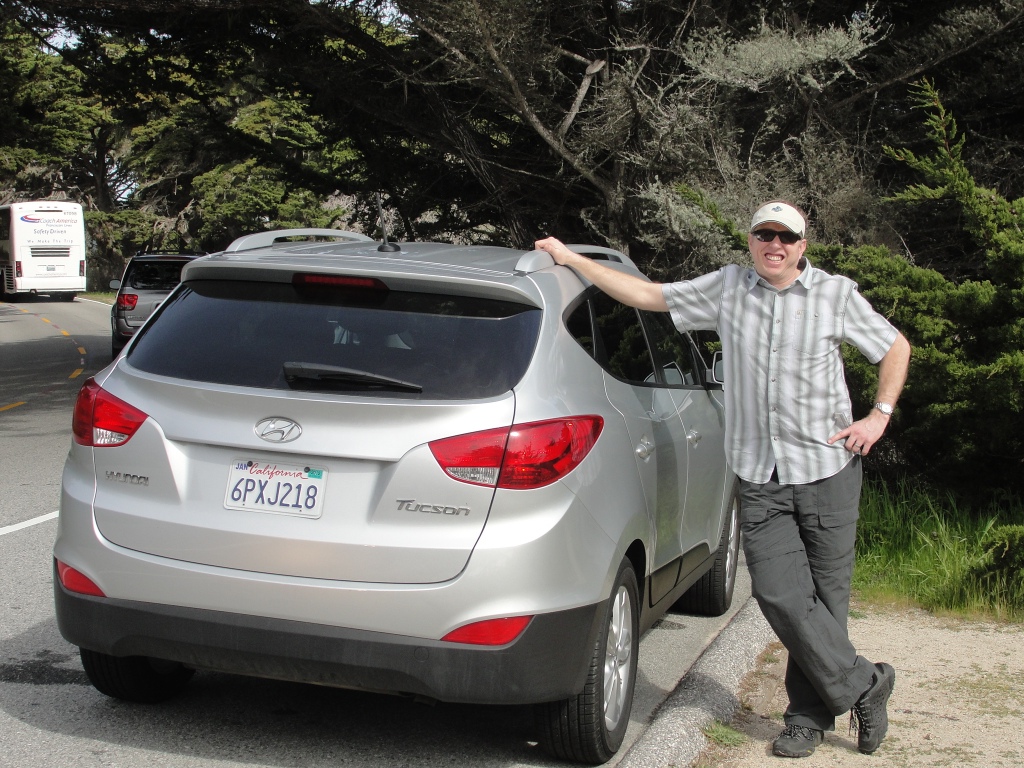

 2016 Gift Guide for the Travel and Outdoor Loving Dad
2016 Gift Guide for the Travel and Outdoor Loving Dad Family Travel & Vacation Planning: Brainstorm List Printable
Family Travel & Vacation Planning: Brainstorm List Printable How to Prepare for Cabin Camping with Kids
How to Prepare for Cabin Camping with Kids